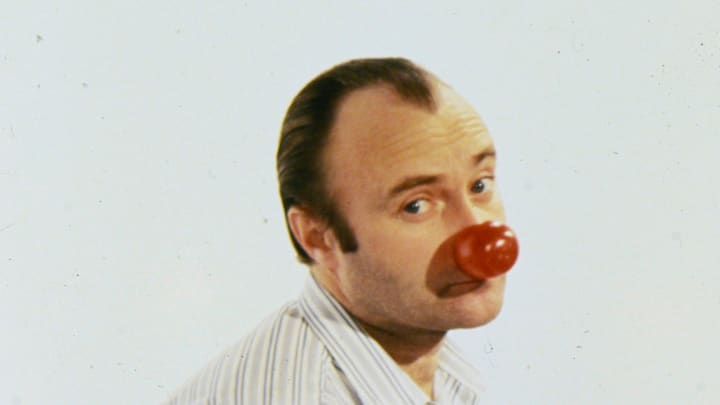Leaving a popular band is never easy, of course. It's a step a band member takes, and they can't be sure of how they will land. Perhaps there are many fans of the band who aren't ready to embrace solo projects.
Plus, a solo project might tell the rest of the members of a band, "I think I can do better." Or, "I don't feel like I am being heard."
In the case of the five albums that follow, though, a vocalist left a legendary band and turned the debut record into a grand gem. Were they as good as the band they left? In some cases, yes.
5 fantastic debut albums by singers who strayed from their legendary bands
Morrissey - Viva Hate (1988)
The Smiths released only four studio albums, and they always seemed like a band that wasn't built for a long duration. The band argued with themselves too much and became far more litigious. While Morrissey's debut isn't exactly Smiths-quality, it resembles the same kind of sound.
Morrissey is more of a rock artist now and has left a bunch of his popness behind. Or maybe pop has left the singer behind. Either way, Viva Hate has several magical tracks, such as "Suedehead" and "Everyday is Like Sunday." Plus, "Margaret on the Guillotine" remains a fan-favorite for Moz.
Phil Collins - Face Value (1981)
Collins's debut was pretty close to the way his band, Genesis, sounded at the time, so fans willing to buy this excellent record shouldn't have been too taken aback by its sound. Some of the songs were so similar to what Genesis produced that it might be difficult to remember whether a song was a Collins work or a Genesis one.
While the album is best known for the classic single, "In the Air Tonight," it's the deeper cuts that make this album great. "The Roof is Leaking" is stark and grey, and "You Know What I Mean" is achingly lovely.
Sting - The Dream of the Blue Turtles (1985)
As opposed to Collins's record, Sting goes in a different direction from the way the Police sounded. Instead, he created a work that features jazz musicians playing a jazz album. This isn't John Coltrane, as Sting keeps some pop sensibilities as well as more of an 1980s feel.
This was not a one-off experiment, however. For much of the rest of his career, Sting kept playing with some tenements that helped create this album. The magic is that there were still worthy hits from the record, and there were several, but the real gem is "Moon Over Bourbon Street." Is it about a vampire? Probably.
Ozzy Osbourne - Blizzard of Ozz (1980)
This was what the Black Sabbath fans had been waiting for for a while, but it wasn't a Sabbath album at all. Ozzy had left the band, but the genius came from hiring Randy Rhoads to play guitar. It was an icon meeting an icon, and we were given many gifts.
The most obvious, of course, is "Crazy Train," which somehow sounds as vibrant today as it did 45 years ago. Opener "I Don't Know" is Ozzy's second-most-played live song. "Mr. Crowley" is gothic camp, but fun. The entire record is ridiculously listenable.
Lionel Richie - Lionel Richie (1982)
Here's something obvious: Ozzy Osbourne and former Commodores singer Lionel Richie have never toured together. Yet, while taking different approaches, they both produced a large number of great tracks. Richie had not yet fully formed as a solo artist when this record was created, and that is a good thing.
Instead, we get a singer still working his way toward massive public attention and churning out gems like "Truly," "My Love," and "You Are." There are certainly ballads here, but one cannot listen to "You Are" without feeling better about life.
